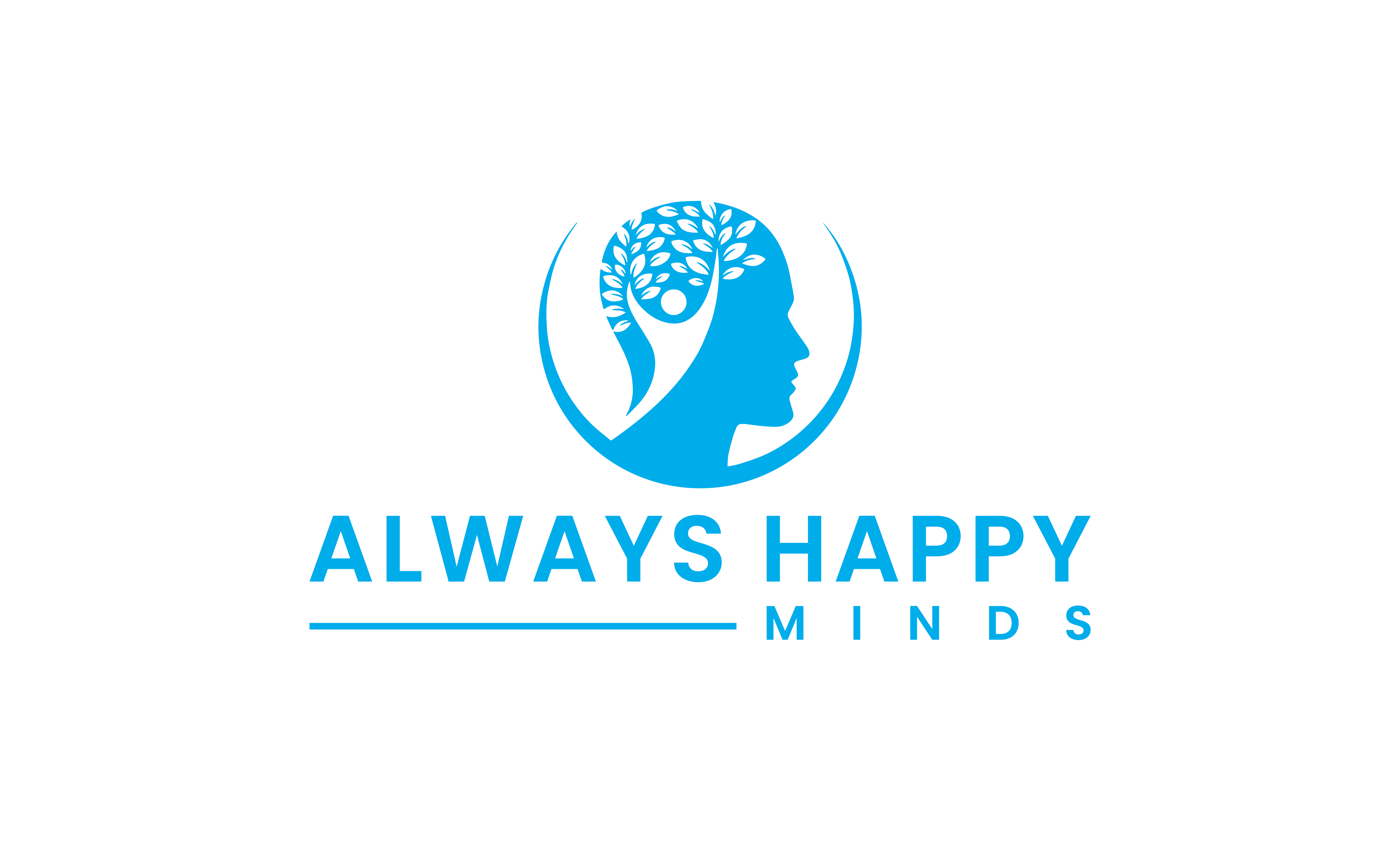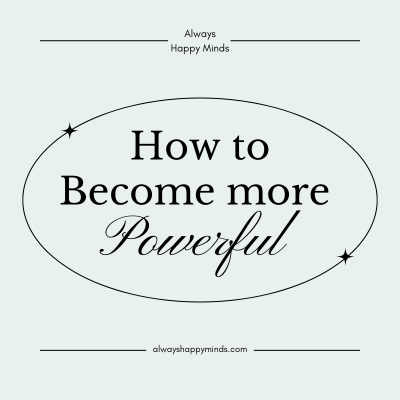Anxiety is a common mental health concern that affects millions of people worldwide. Whether it’s due to work pressure, personal challenges, or the uncertainty of life, anxiety can feel overwhelming. The good news is that there are effective ways to manage it daily. This blog will explore five practical methods you can implement into your routine to help reduce anxiety and improve overall well-being.
1. Practice Mindfulness and Meditation
Mindfulness is the practice of being fully present and aware of your thoughts, feelings, and surroundings without judgment. It’s an effective tool for managing anxiety because it helps you stay grounded in the present moment rather than worrying about the future or ruminating over the past.
-
How to Start: Begin with just 5-10 minutes of mindfulness meditation each day. Find a quiet space, sit comfortably, and close your eyes. Focus on your breath, observing each inhale and exhale. When your mind wanders — which it naturally will — gently bring your attention back to your breath.
-
Benefits: Studies show that regular mindfulness meditation can reduce symptoms of anxiety, depression, and stress. It helps create a calm and centered mindset, allowing you to better handle stressful situations throughout the day.
2. Establish a Consistent Exercise Routine
Physical activity is one of the most effective natural remedies for anxiety. Exercise releases endorphins, the body’s natural mood elevators, which help to reduce feelings of anxiety and stress.
-
How to Start: Aim for at least 30 minutes of moderate exercise most days of the week. Activities like walking, jogging, cycling, swimming, or dancing are great choices. If you’re new to exercising, start with light activities, such as a 15-minute walk, and gradually increase the intensity and duration.
-
Benefits: Regular exercise improves sleep, boosts confidence, and decreases tension and fatigue, all of which are essential for managing anxiety. It also provides a healthy outlet for your energy, which can help distract your mind from anxious thoughts.
3. Maintain a Balanced Diet
What you eat can significantly impact your mood and anxiety levels. A balanced diet rich in nutrients can help stabilize your blood sugar levels, provide the necessary energy, and support your overall mental health.
-
How to Start: Incorporate foods rich in omega-3 fatty acids (like salmon, walnuts, and flaxseeds), magnesium (like spinach, almonds, and avocado), and probiotics (like yogurt, kimchi, and sauerkraut) into your meals. Avoid excessive caffeine, sugar, and processed foods, which can exacerbate anxiety symptoms.
-
Benefits: Eating a nutritious diet fuels your brain and body, stabilizes your mood, and prevents spikes in anxiety that can be caused by poor nutrition or irregular eating habits.
4. Develop a Healthy Sleep Routine
Quality sleep is crucial for managing anxiety. Lack of sleep can increase stress hormones in your body, making you feel more anxious. Establishing a regular sleep routine is key to reducing anxiety symptoms.
-
How to Start: Create a relaxing bedtime routine. This could involve dimming the lights, avoiding screens an hour before bed, and engaging in calming activities like reading or taking a warm bath. Aim for 7-9 hours of quality sleep each night. Going to bed and waking up at the same time daily, even on weekends, helps regulate your body’s internal clock.
-
Benefits: A healthy sleep routine improves your mood, concentration, and ability to handle stress, making it a powerful tool for managing anxiety.
5. Practice Breathing Techniques
Breathing exercises are a quick and effective way to calm your nervous system and reduce anxiety. When you’re anxious, your breathing may become shallow or rapid, signaling to your brain that you’re in danger. Deep breathing exercises counteract this response, sending a message to your body that it’s safe to relax.
-
How to Start: Try the 4-7-8 breathing technique: Inhale deeply through your nose for 4 seconds, hold your breath for 7 seconds, and then exhale slowly through your mouth for 8 seconds. Repeat this cycle 3-5 times whenever you feel anxious.
-
Benefits: Controlled breathing can reduce heart rate, lower blood pressure, and create a sense of calm and relaxation. It’s a portable tool that you can use anywhere, anytime, to manage anxiety.
Conclusion
Managing anxiety daily is about finding what works best for you and making small but consistent changes to your lifestyle. Whether it’s practicing mindfulness, exercising regularly, eating a balanced diet, maintaining a healthy sleep routine, or using breathing techniques, each step contributes to a healthier, calmer mind. Remember, it’s okay to seek professional help if your anxiety feels unmanageable. With the right strategies and support, you can regain control over your anxiety and live a fulfilling life.

